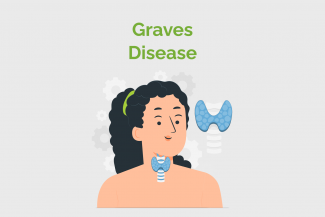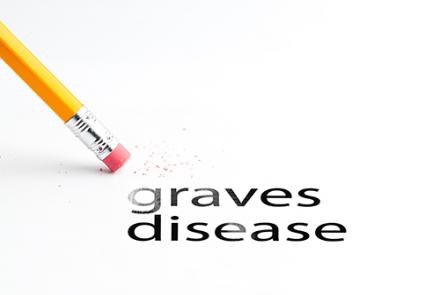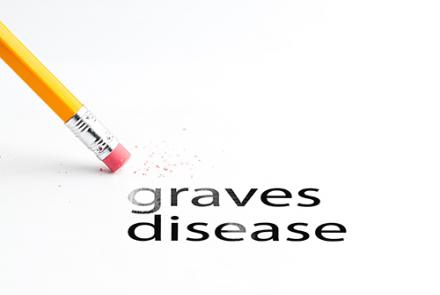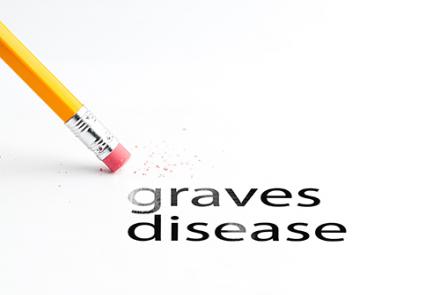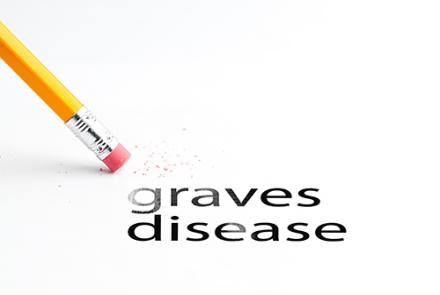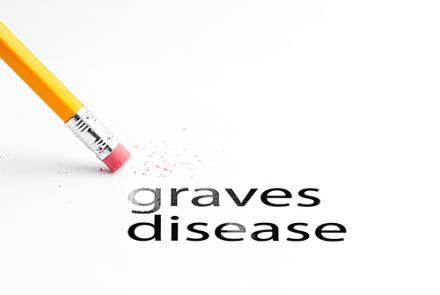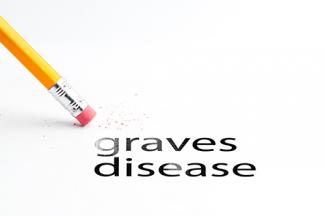
Managing Graves’ disease:
The most important thing is to receive the necessary medical care. After you and your doctor have decided on a course of action, there are some things you can do that will help you cope with the condition and support your body during its healing process.
Get regular exercise: Exercise in general will help you feel better and improve your muscle tone and cardiovascular system. Brittle bones can occur with Graves' disease and weight-bearing exercises help maintain bone density. Exercise can also help reduce your appetite and increase your energy level.
Learn relaxation techniques: It is well documented that in Graves' disease, stress is a risk factor, so learning to relax and achieve balance in your life can help maintain physical and mental well-being. Choose a calming activity, whether it is listening to music, taking a warm bath or walking.
Pay attention to your diet: Because your thyroid controls your metabolism, you may have a tendency to gain weight when the hyperthyroidism is corrected. Proper food and exercise is crucial.
Find the right doctor: Find the doctor you can trust and work with. Especially, if you have had radioactive iodine and surgery, you will require lifelong thyroid hormone replacement medication.
Management and Care for Graves' ophthalmopathy:
- Apply cool compresses to your eyes. The added moisture may soothe your eyes.
- Wear sunglasses. When your eyes protrude, they're more vulnerable to ultraviolet rays and more sensitive to bright light. Wearing sunglasses that wrap around the sides of your head will also lessen the irritation of your eyes from the wind.
- Use lubricating eyedrops. Eyedrops may relieve the dry, scratchy sensation on the surface of your eyes. A paraffin-based gel, such as Lacri-Lube, can be applied at night.
- Elevate the head of your bed. Keeping your head higher than the rest of your body lessens fluid accumulation in the head and may relieve the pressure on your eyes.
- Don't smoke. Smoking worsens Graves' ophthalmopathy.
Management and Care for Graves' dermopathy:
If the disease affects your skin (Graves' dermopathy), use over-the-counter creams or ointments containing hydrocortisone to relieve swelling and reddening. In addition, using compression wraps on your legs may help.
Your support team: Whom to consult?
Your health care team may include:
Endocrinologists - doctors who treat problems related to the glands and hormones
Radiation oncologist
Clinical immunologists - doctors who treat immune system disorders
Ophthalmologist - for eye problems
Dermatologists - doctors who treat skin diseases
Cardiologists - doctors who treat heart and blood vessel problems
Nutritionist - Nutritionists are specially trained to help people maintain a healthy diet
Psychologists – for emotional support

